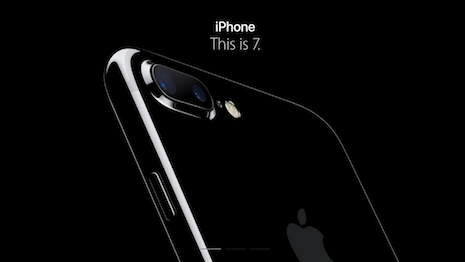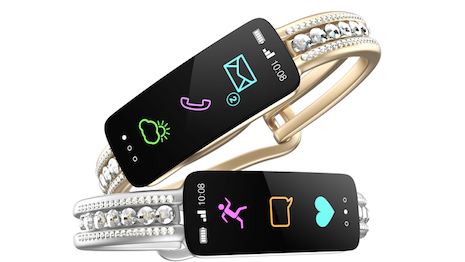- No categories
-
- My Account Subscribe Now | Sign In Log Out
- New York, July 20, 2025

When today’s consumer has questions about your product, it is no longer acceptable to wait for the answers — they must be addressed in real time or the customer will turn to the next readily available and better option.

For consumers, a smartphone can represent familiarity and comfort. For marketers, though, a smartphone can represent chaos and uncertainty. Conversations I have with agencies, brands and publishers about mobile marketing increasingly seem marked by anxiety.

Environmental issues are a recurring topic among luxury brands in China as the country struggles with pollution and the wide-ranging effects of being a manufacturing superpower.

Mobile continues to be the marketer’s medium of focus, with mobile increasingly subsuming the overall digital advertising landscape. Where go eyeballs, so goes the money.

Designer merchandise used to be the ultimate status symbol. The upper class was defined by who they wore. For most others, the closest they could get to a Donna Karan dress was leafing through the glossy pages of Vogue magazine.

A season once defined by hectic shopping malls, frenzied crowds and stocking the shelves of bricks-and-mortar stores shifted this year to something a bit more homey.

Brand-safe environments and measurable key performance indicators need to help wean luxury advertisers off their print habit.

With attention spans shrinking and mobile devices dominating, you can see how mastering short-form messaging will be a key skill for marketers of the future.

From geopolitical disputes to debates over cultural appropriation, China tends to be a place where it is easy for foreign brands to get embroiled in controversies, no matter how hard they try to avoid it.

Even though 83 percent of application users say location is crucial to their app experiences, it is astounding that more than half of location-dependent app users have not turned their location services on – even for things as basic as weather and navigation apps.

Shopping cart abandonment rates on mobile are higher than on desktop and driving the global abandonment rate up to 73.4 percent.

The updated iMessage platform opens up a wide variety of opportunity for retailers looking to boost engagement with their apps.

One form of marketing that is likely being overlooked by digital marketers during the holidays – even though statistics indicate it may be the most effective form of brand communication today – is SMS/MMS text messaging.

Many jewelers had built their businesses around weddings, with a particular concentration on diamond engagement rings. As these sales have fallen precipitously year over year, they now must change their focus. But to what?

Behind many of the travel apps’ problems is the mistaken notion that a mobile app should simply recreate the desktop experience. This ignores the fact that mobile devices are not just a complement to desktop computers – they are an alternative.

The consequence of missing a trend can be devastating to an organization. This is especially apt when it comes to business where consumer behavior is rapidly changing alongside politics, economics and technology.

In tech news in the past week, China’s social media app Weibo is showing signs of a strong rebound in a WeChat world, and luxury brands have been wasting no time taking advantage of the platform’s expanding reach.

The best piece of advice I ever got: focus on the things you can affect. This is advice I have drawn on again and again in my career. It has been a challenge to master, and it is still a work in progress.

Seventy percent of consumers forgo subscribing to a loyalty program because of the time and inconvenience of registration. But 72 percent of consumers affirm that they would be more likely to sign up for a loyalty club through a text message.

In a report by the Trade Survey, 85 percent of consumers reported wanting to touch and feel a product before they buy. That gives Amazon another great reason to believe that its new store concept will work, especially in busy urban markets.

Retail apps that implement a successful user retention strategy will enjoy the benefits of long-term customer value. But those that do not will struggle to reach a positive return on their acquisition investments.